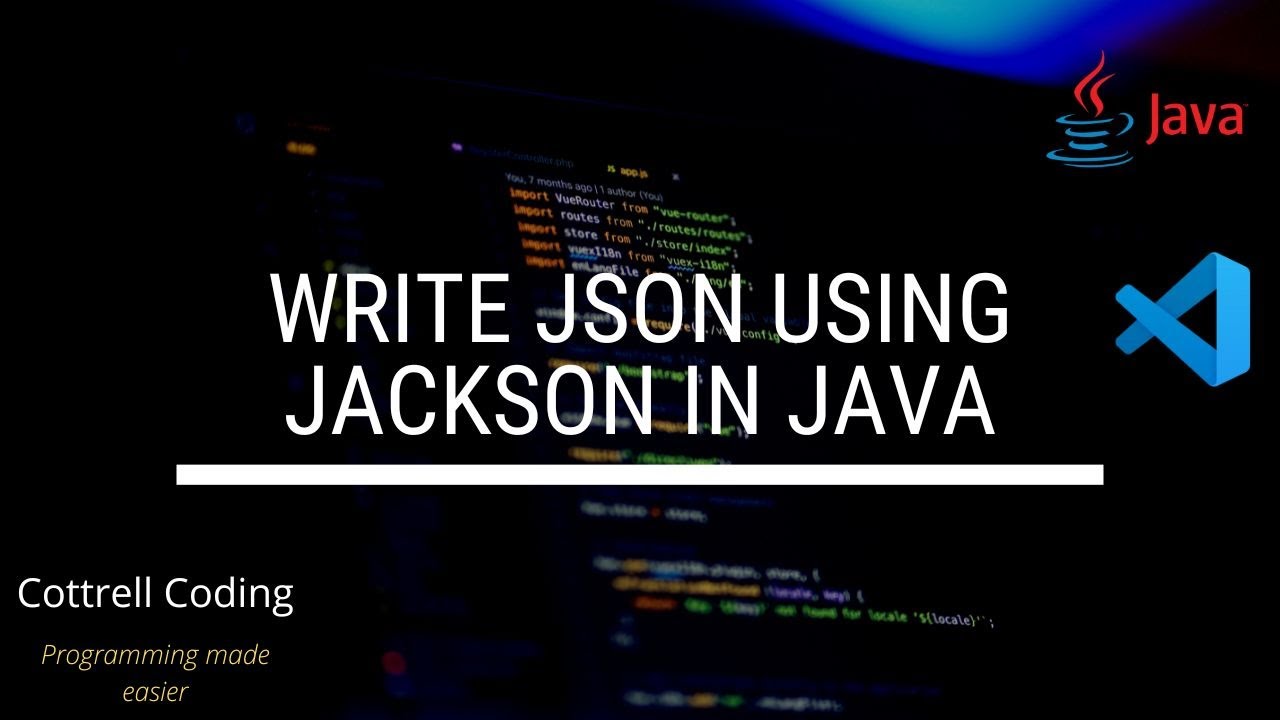

In the world of Java programming, JSON (JavaScript Object Notation) is a widely used format for data interchange. It's common to receive JSON data from a web service or API and then deserialize it into Java objects. With the introduction of Java records in Java 16, the process of deserializing JSON data has become more streamlined and efficient. In this blog post, we'll explore how to deserialize JSON into Java records, a feature that greatly simplifies data handling in Java applications.
Java Records, introduced in Java 16, is a special type of data class in the Java language. They provide a
concise and straightforward way to declare classes that are primarily used to hold immutable data.
Records automatically generate boilerplate code like constructors, getters, equals(), hashCode(), and
toString() methods based on the fields declared. A record is defined with the record keyword, followed by a
list of fields. This feature simplifies the creation of data transfer objects and value-based classes,
promoting cleaner and more readable code.
public record User(Long id, String firstName, String lastName, String email) {}Immutable Data: Records ensure immutability, which is a good practice for data transfer objects.
Less Boilerplate: They reduce the boilerplate code required for defining POJOs (Plain Old Java
Objects). A record can declare fields, and the compiler automatically generates the corresponding
constructor, getters, toString(), equals(), and hashCode() methods.
Data Integrity: Since records are immutable, they provide a higher level of data integrity.
To deserialize JSON into a Java record, you'll need a JSON processing library. Jackson is a popular choice for its ease of use and flexibility.
Add the following dependencies to your pom.xml:
<!-- https://mvnrepository.com/artifact/com.fasterxml.jackson.core/jackson-databind -->
<dependency>
<groupId>com.fasterxml.jackson.core</groupId>
<artifactId>jackson-databind</artifactId>
<version>2.16.1</version>
</dependency>Now, let's write a simple Java program to deserialize a JSON string into a User record.
package net.javaguides.quizapp.automation;
import com.fasterxml.jackson.databind.ObjectMapper;
import java.io.IOException;
record User(Long id, String firstName, String lastName, String email) {}
public class JsonToRecord {
public static void main(String[] args) {
String json = """
{
"id": 1,
"firstName": "Ramesh",
"lastName": "Fadatare",
"email": "ramesh@example.com"
}
""";
ObjectMapper mapper = new ObjectMapper();
try {
User user = mapper.readValue(json, User.class);
System.out.println("Deserialized User Record: " + user);
} catch (IOException e) {
e.printStackTrace();
}
}
}
Deserialized User Record: User[id=1, firstName=Ramesh, lastName=Fadatare, email=ramesh@example.com]
Let's consider an example where we have a JSON structure representing a User and their associated Address. The User record will have a reference to the Address record.
First, define the Address record:
public record Address(String street, String city, String zipCode, String country) {}Next, define the User record, which includes an Address:
public record User(Long id, String firstName, String lastName, String email, Address address) {}Assume we have the following JSON:
{
"id": 1,
"firstName": "Ramesh",
"lastName": "Fadatare",
"email": "ramesh@example.com",
"address": {
"street": "Main street",
"city": "Pune",
"zipCode": "12345",
"country": "India"
}
}Here’s how you can deserialize the above JSON into Java records:
package net.javaguides.quizapp.automation;
import com.fasterxml.jackson.databind.ObjectMapper;
import java.io.IOException;
record Address(String street, String city, String zipCode, String country) {}
record User(Long id, String firstName, String lastName, String email, Address address) {}
public class ComplexJsonToRecord {
public static void main(String[] args) {
String json = """
{
"id": 1,
"firstName": "Ramesh",
"lastName": "Fadatare",
"email": "ramesh@example.com",
"address": {
"street": "Main street",
"city": "Pune",
"zipCode": "12345",
"country": "India"
}
}
""";
ObjectMapper mapper = new ObjectMapper();
try {
User user = mapper.readValue(json, User.class);
System.out.println("Deserialized User Record: " + user);
} catch (IOException e) {
e.printStackTrace();
}
}
}
Deserialized User Record: User[id=1, firstName=Ramesh, lastName=Fadatare, email=ramesh@example.com, address=Address[street=Main street, city=Pune, zipCode=12345, country=India]]Java records, combined with a library like Jackson, make the task of deserializing JSON into Java objects
much more straightforward and cleaner. This approach is particularly useful when dealing with data transfer
objects in APIs and web services. Records bring the benefits of immutability, less boilerplate, and data
integrity, making them an excellent choice for modern Java applications.
Stay tuned for more insights on leveraging new features in Java for efficient and effective programming.
Happy coding!